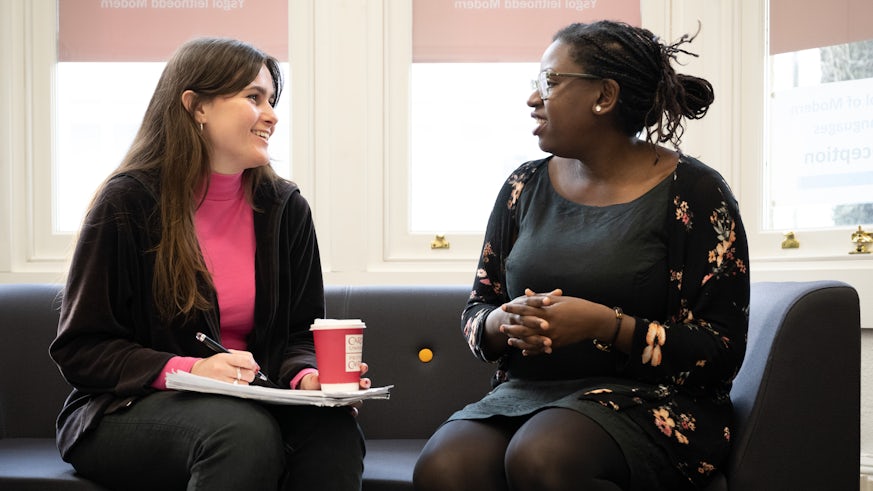School of Modern Languages share knowledge for language reform toolkit
9 October 2020

Insight from the School of Modern Languages is helping peers at fellow universities via a toolkit on rethinking modern language teaching.
In 2020, the UK is more culturally and linguistically diverse than ever which means that language graduates are in high demand across a variety of employment sectors.
However, as the number of pupils taking GCSE and A Level languages diminishes year-on-year, it is a challenging recruitment climate for Modern Languages programmes. Consequently, many universities are looking at their curriculum to ask if their courses are foregrounding the important competencies, skills and opportunities that a Modern Languages degree offers.
In response, the toolkit , Re)Creating Modern Languages: Conversations about the Curriculum in UK Higher Education, has been produced by a project led by academics from Cardiff University’s School of Modern Languages and Oxford University, in collaboration with colleagues from across the UK.
The toolkit offers frameworks for thinking through and planning comprehensive curriculum change and draws on the experience of colleagues who have recently undertaken these changes or are working through them. The toolkit showcases examples of excellent and innovative practice at module level and provides ideas for (re)thinking how language departments can work to enhance the student experience.
Academics from the School of Modern Languages are well equipped to contribute to the toolkit after undergoing a major shift in curriculum in recent years.
Principal Investigator, Dr Liz Wren Owens said, “We embarked on wholescale changes to our curriculum which were rolled out from 2016 until last year so, our experience of change is still very recent. We put the transnational at the heart of our curriculum, thinking not just about national languages and cultures but also about the way in which cultures have shaped and been shaped by their interactions with other languages and cultures. We also employed innovative approaches beyond the classroom which included our Student Teaching module and our Inside Out module, which is delivered in a prison to a mixed class of undergraduates and imprisoned learners.”
Modern Languages is an important and unique discipline which combines language competencies, critical thinking and an ability to mediate between cultures, so we need work together to future proof it at university level.”
The toolkit was produced as part of the Arts and Humanities Research Council (AHRC) Creative Multilingualism project and is available on the Creative Multilingualism website and is also being promoted through the University Council of Modern Languages website.
Contributors from the School of Modern Languages included Dr Liz Wren Owens, Professor Claire Gorrara, Rachel Beaney, Dr Joey Whitfield and former colleague Professor Rachael Langford.


